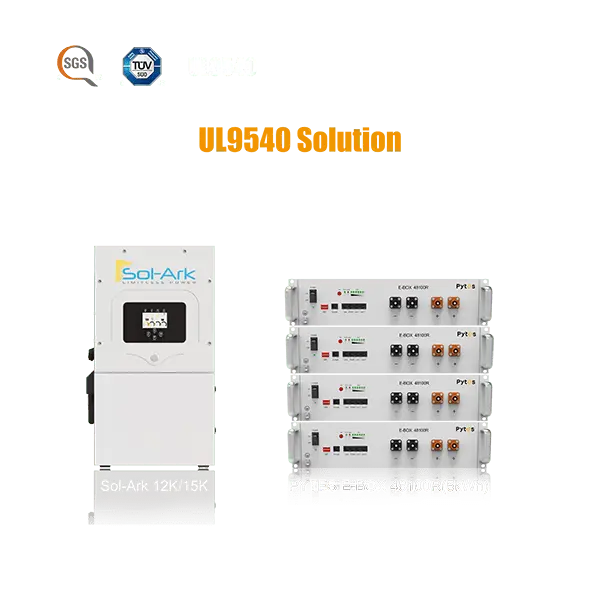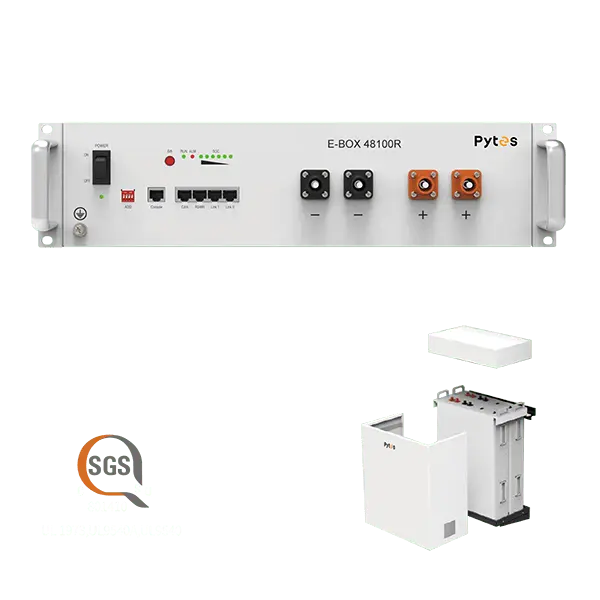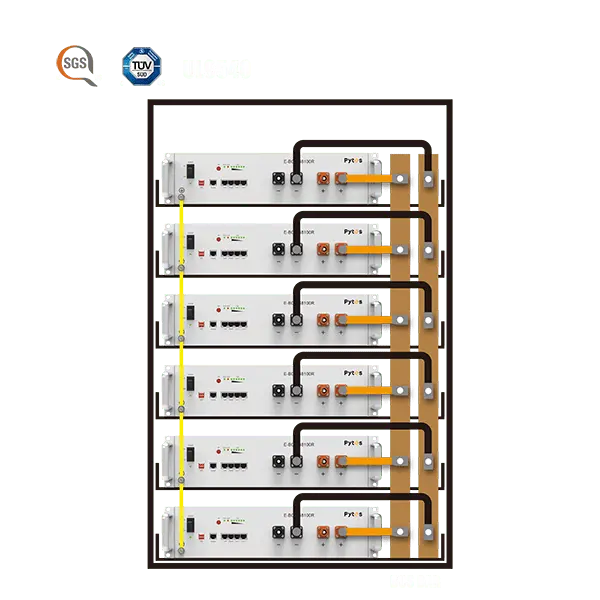In recent years, there has been a growing interest in home battery backup systems as a reliable and efficient solution for storing excess energy generated by renewable sources such as solar panels. These systems are becoming increasingly popular due to their ability to provide backup power during outages, reduce electricity bills, and contribute to a more sustainable energy future. In this blog, we will explore the benefits of home battery backup systems, how they work, and why they are considered an emerging power storage solution.
A home battery backup system (such as the Pytes V5°or Pytes E-Box 48100R), also known as a residential energy storage system, is a device that stores electricity generated by solar panels or other renewable energy sources for later use. These systems typically consist of lithium-ion batteries, inverters, and monitoring systems. The batteries store excess energy generated during the day, which can then be used to power the home during peak demand periods or when the grid is out.

A. Power Outage Protection:
One of the primary benefits of home battery backup systems is their ability to provide uninterrupted power during outages. This is particularly crucial in areas prone to natural disasters or unreliable grid infrastructure. With a home battery backup system, homeowners can continue to power essential appliances, such as refrigerators, lights, and medical equipment, ensuring their safety and comfort.
B. Energy Independence:
Home battery backup systems allow homeowners to become more self-reliant when it comes to their energy needs. By storing excess electricity generated from renewable sources, such as solar panels, homeowners can reduce their reliance on the grid and potentially lower their electricity bills. This promotes energy independence and sustainability.
C. Time-of-Use Optimization:
Many utility companies implement time-of-use pricing, where electricity costs vary depending on the time of day. Home battery backup systems can help homeowners optimize their energy usage by storing electricity during off-peak hours when rates are lower and utilizing it during peak hours when rates are higher. This can result in significant cost savings over time.
D. Grid Support and Flexibility:
Home battery backup systems can also benefit the overall electricity grid by providing support during periods of high demand. By storing excess electricity during low-demand periods and supplying it back to the grid during peak hours, these systems help balance the load and reduce strain on the grid infrastructure.
Home battery backup systems work by storing excess energy generated by solar panels or other renewable sources in lithium-ion batteries. The batteries are connected to an inverter, which converts the stored DC electricity into AC electricity that can be used to power the home. A monitoring system allows homeowners to track how much energy is being stored and used, as well as monitor the performance of the system.

Developed and manufactured by solar battery manufacturer Pytes, the Pytes E-Box 48100R is a solar battery storage system featuring 48V Lithium Iron Phosphate (Li-FePO4) batteries and a specialised rack that is compatible with most of the leading inverters on the market.
The Pytes V5°is produced and manufactured by Pytes using innovative rechargeable lithium iron phosphate batteries and can be used as a home energy storage system with smart applications. Currently, Pytes V5° has successfully obtained UL 9540 certification and is compatible with most inverters on the market!
1. Determine Your Energy Needs
Assess Your Energy Consumption: Calculate your average daily energy consumption to determine the size of the battery backup system you’ll need to meet your home’s energy needs.
Identify Critical Loads: Determine which appliances and devices are essential during a power outage to prioritize energy allocation.
2. Choose the Right Home Battery Backup System
Research and Compare Options: Explore the different home battery backup systems available on the market, considering factors such as capacity, efficiency, and compatibility with existing solar panels or renewable energy sources.
For installation and selection guidance, welcome to contact Pytes.
3. Evaluate Compatibility with Solar Panels
If you already have solar panels installed or are planning to install them, make sure your battery system can integrate seamlessly with your solar installation.
4. Consider Installation Costs and Maintenance
While some systems may have lower upfront costs, consider the long-term maintenance requirements and potential operating costs associated with different battery technologies.
5. Look for Incentives
Many areas offer incentives for installing home battery backup systems, especially when paired with solar installations. Research local programs that may help offset installation costs through rebates or tax credits.
Home battery backup systems are considered an emerging power storage solution for several reasons. Firstly, they provide a reliable and efficient way to store excess energy generated by renewable sources, which can help reduce the need for fossil fuels and lower greenhouse gas emissions. Additionally, these systems can help homeowners reduce their electricity bills and increase their energy independence.
Furthermore, as the cost of lithium-ion batteries continues to decrease and technology advances, home battery backup systems are becoming more affordable and accessible to a wider range of homeowners. This, in turn, is driving the adoption of these systems and making them an increasingly popular choice for residential energy storage.

Home battery backup systems are emerging as a promising solution for sustainable energy storage, offering a range of benefits to homeowners seeking energy independence and cost savings. As technology advances and costs decrease, home battery backup systems are expected to become an important component in the transition to a cleaner, more sustainable energy future. Adopting home battery backup systems not only benefits individual homeowners, but also helps create a more resilient and environmentally friendly energy ecosystem for everyone.
Home Battery Backup Systems: A Sustainable Solution for Energy Storage